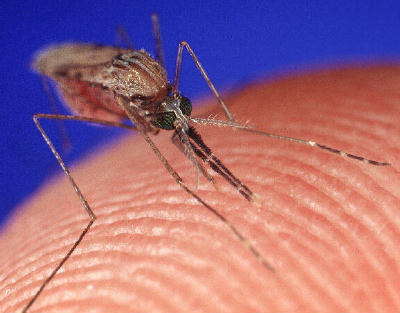Research conducted at the London School of Hygiene and Tropical Medicine shows that dengue and yellow fever-transmitting mosquitoes are becoming immune to the insect repellent Deet. British scientists have found that the mosquitoes are now able to ignore the smell of Deet, three hours after being exposed to it.
Deet isone of the world’s most commonly used insect repellent and was first developed by the US military during their jungle operations in World War II. Even though mosquitoes are deterred by the substance at first, they ignore it after about three hours, so more research is needed in order to find the alternatives to the repellent.
The scientists tested Deet on the Aedes aegypti mosquitoes, which are known to bite during the daylight hours and spread dengue and yellow fever. They offered the insects a human arm, covered in Deet. At first, the mosquitoes were repelled by the smell, as expected, but the presence of Deet had no effect on them later on. This is explained by the fact that some flies and mosquitoes carry a genetic change in their odor receptors, which makes them immune to certain chemicals after prolonged periods of exposure.
The new discovery should not prevent people from using Deet in high-risk areas, but it has given scientists a reason to follow-up on the studies and find more effective alternatives.








